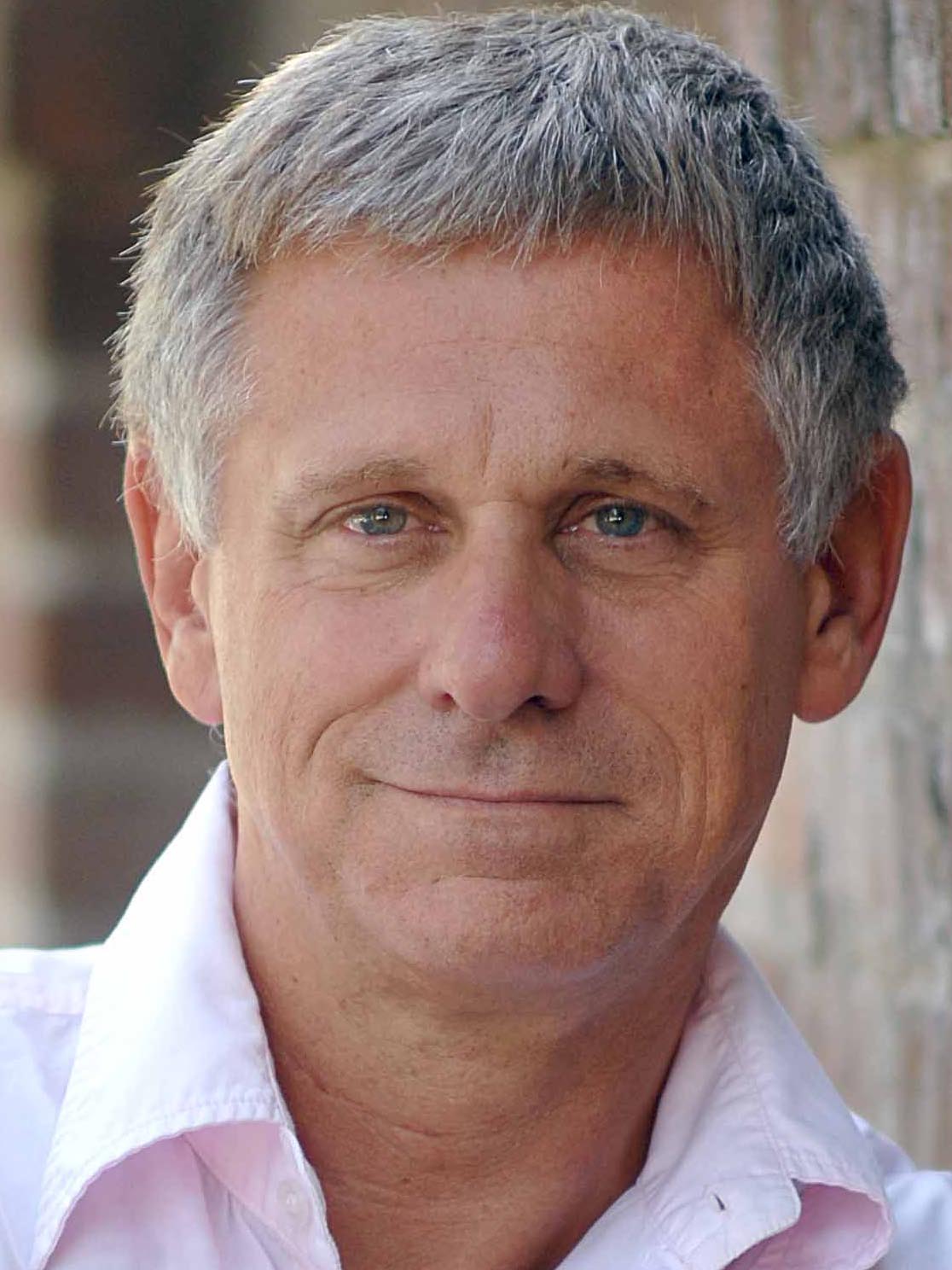
February 14, 2013
Boomers Vs. Their Parents: The Younger Generation Is Sicker

Obesity is the alpha and omega of modern societal health issues. So much that small children are getting adult onset diabetes and young teens and twenty-somethings are waddling past their grandparents who are trimmer and fitter, perhaps taking in 18 holes or playing tennis.
If you’re old enough to remember Sixties supergroup The Mamas and The Papas, then you probably recall their hit song “No One Getting Fat ‘cept Mama Cass.”
It was an autobiographical paean to the origins of the band, but it’s hook hanged on that fact that lead vocalist Mama Cass (Ellen Naomi Cohen) was quite unlike her slender musical peers, and weighed in at 300 pounds.
At the young age of 32, Cass died. Her official Cause of Death: Fatty Myocardial Degeneration due to obesity. Natural Causes, and not the often rumored ham sandwich she allegedly choked on.
Fast forward four decades, and a just released study shows that not only were those of The Mamas and The Papas generation less healthy than their parents but as it turns out, ended up looking much more like Mama Cass than they probably would ever imagined.
In short, the Baby Boom generation, the vain “me” generation who spawned fitness crazes like running, aerobics, mountain biking and mountain climbing, is turning out to be a health bust.
Despite vast amounts of money spent on their health care, the 78 million American born between 1946 and 1964 on almost every level are less health on average than their parents.
The study, published in JAMA Internal Medicine compared data on people aged 46 to 64 in two time periods – from 1988 to 1994 for the older generation, and from 2007 to 2010 for the baby boomers.
In terms of almost every common chronic disease, the younger generation had a higher incidence. Boomers had a higher percentage of people with high blood pressure, high cholesterol and diabetes than did their parents’ generation.
While 32 percent of their parents’ generation described their health as “excellent,” only about 13 percent of baby boomers did so.
The study also revealed that obesity was more common among baby boomers than their parents (39 percent versus 29 percent). In addition, 52 percent of boomers said they had no regular physical activity, while only 17 percent in their parents’ generation reported inactivity.
Boomers reported a higher degree of disability than their parents at the same age. But simply pointing out that obesity is the underlying cause of what ails the Me Generation is not enough.
“I agree that obesity is a big part of the problem but it’s important to acknowledge that obesity is multifactorial – it represents the perfect storm of reduced physical activity, changing patterns of eating, marketing of food, and disrupted life rhythms. Preventing or treating weight issues, then, requires a global look at people’s eating patterns, activity patterns, genetics and more,” says Lisa Capaldini, M.D., a San Franciso internist SignatureMD
“The issue of our healthcare system costing the most of any in the world again has many underlying causes. The obesity and poor lifestyle of most Americans is a significant contributing cause. Other significant causes have to include the emerging technology in healthcare driving costs, as well as defensive medicine from the legal climate leading to the ordering of more tests,” says Jeffrey Gorodetsky, an internist in South Florida SignatureMD
Both doctors agree that it takes an individualized approach to healthcare that often is missing in today’s healthcare system.
“The quick fix approach of appetite suppression pills is almost always ineffective. I find that the most helpful approach takes a lot of time – going through patient’s diet very methodically. There is also a role for secondary prevention in that there are obese patients who cannot lose weight and in their case targeted therapies to reduce the complications of obesity are also critical,” says Capaldini.
To put it another way, “more time spent on visits, better relationships leading to less defensive medicine and better preventative healthcare,” says Gorodetsky.
The only areas in which boomers’ health exceeded that of their parents are in lower rates of heart attack and emphysema, and they are less likely to smoke cigarettes, the study reported. The reduction in smoking – from 28 percent of the population to 21 percent – showed the value of conducting a concerted public health campaign.
Interestingly, both Drs. Capaldini and Gorodetsky practice concierge medicine which like the anti-smoking campaign of the last two decades focuses on prevention, but with personalized patient care rather than a public health initiative.



